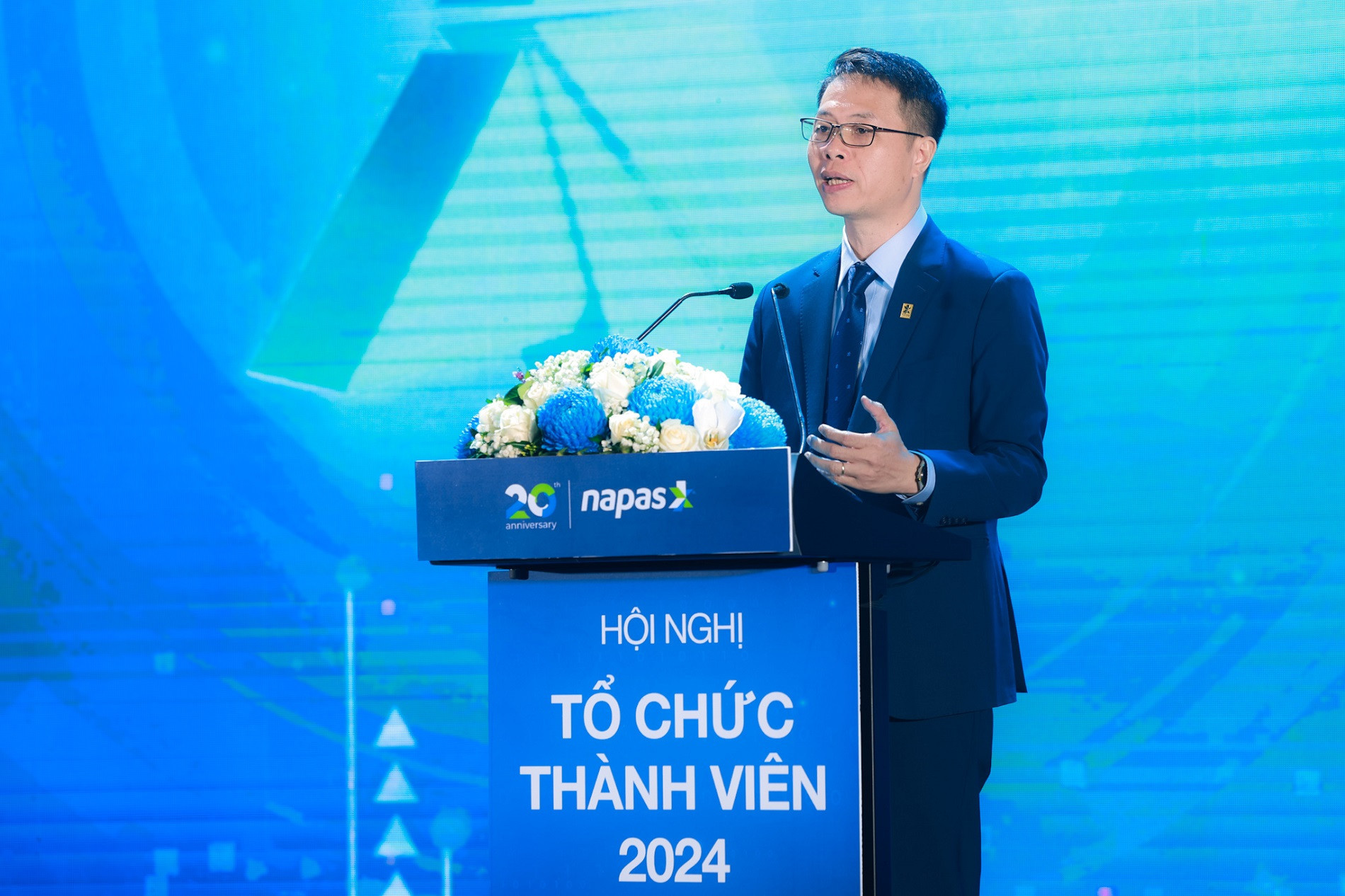
By 2025, NAPAS (Vietnam National Payment Corporation) plans to expand cross-border QR code payment connections with China, Japan, South Korea, and other nations.
The initiative aims to promote local currency usage in cross-border transactions and boost regional trade, investment, and tourism.
At its 2024 Annual Member Organization Conference, NAPAS shared updates on its efforts to enhance cross-border payment systems.
Under the guidance of the State Bank of Vietnam, NAPAS successfully expanded QR payment services between Vietnam and Thailand in 2024, involving two member organizations, and initiated pilot services between Vietnam and Laos with six members.
In 2025, NAPAS will extend these connections to China, Japan, South Korea, and other countries, further advancing electronic payment systems in the ASEAN region.
NAPAS processed over 26 million transactions daily in 2024, marking a 30.8% increase in volume and a 15.9% rise in value compared to 2023.
Notably, the NAPAS 247 fast transfer service saw a 34.7% increase in transaction volume and 16.4% growth in value, accounting for 93.5% of all system transactions.
The VietQR payment method experienced exceptional growth, with transaction volumes increasing by 2.2 times and transaction values by 2.6 times compared to the previous year.
In contrast, ATM cash withdrawal services through NAPAS declined sharply, dropping by 19.5% and comprising just 2.4% of total transactions.
These trends highlight the widespread adoption of electronic payments, gradually replacing cash in daily life for both individuals and businesses.
Alongside the push for digital payments, cybersecurity remains a critical concern. NAPAS has partnered with member organizations, the Ministry of Public Security, and the Banking Association to address fraud risks.
Key measures include updating technical standards, developing advanced technologies, and proposing coordinated processes for handling suspicious transactions.
In 2024, the NAPAS system achieved a 99.997% operational reliability rate, exceeding its performance commitments.
Tuan Nguyen